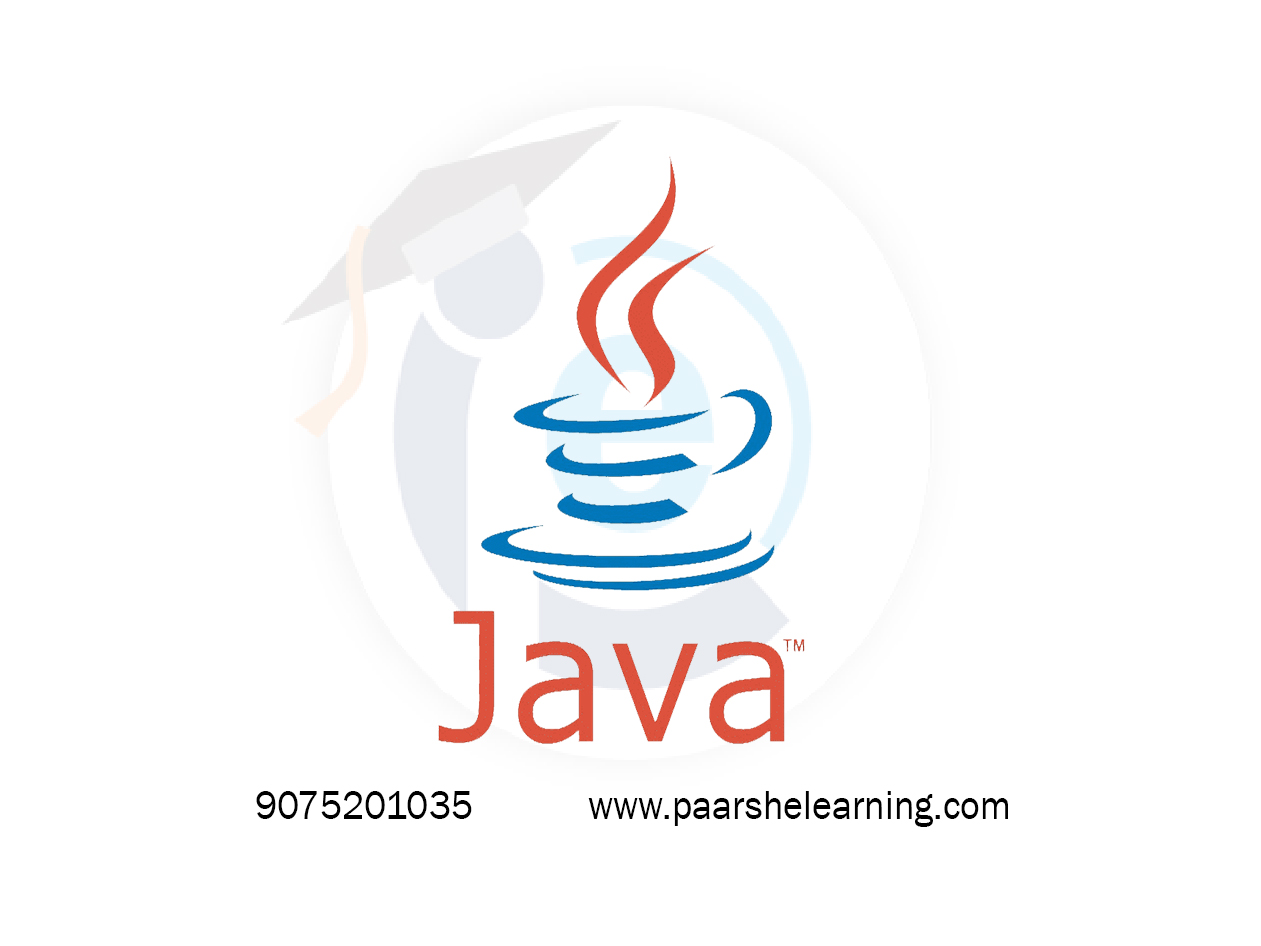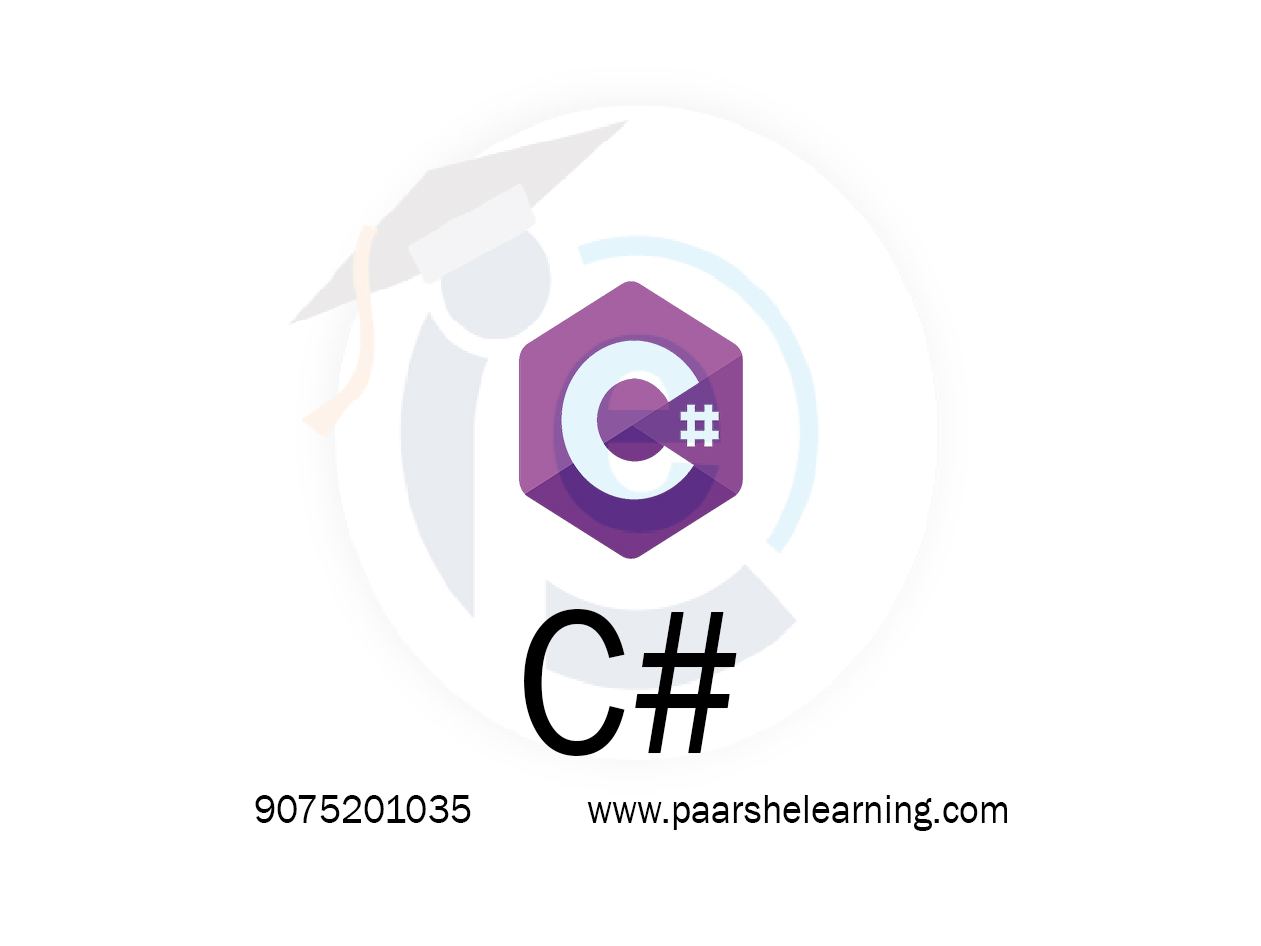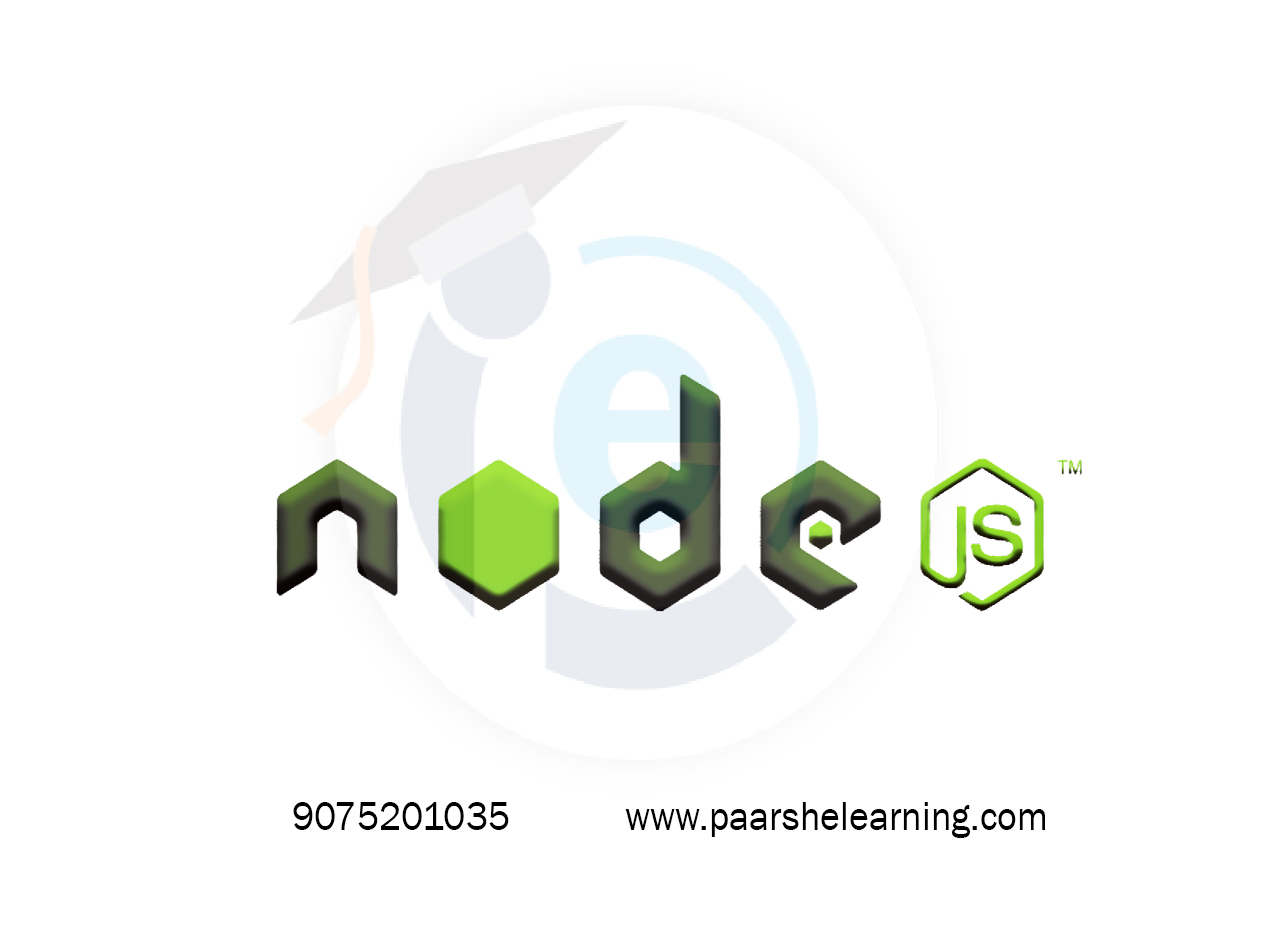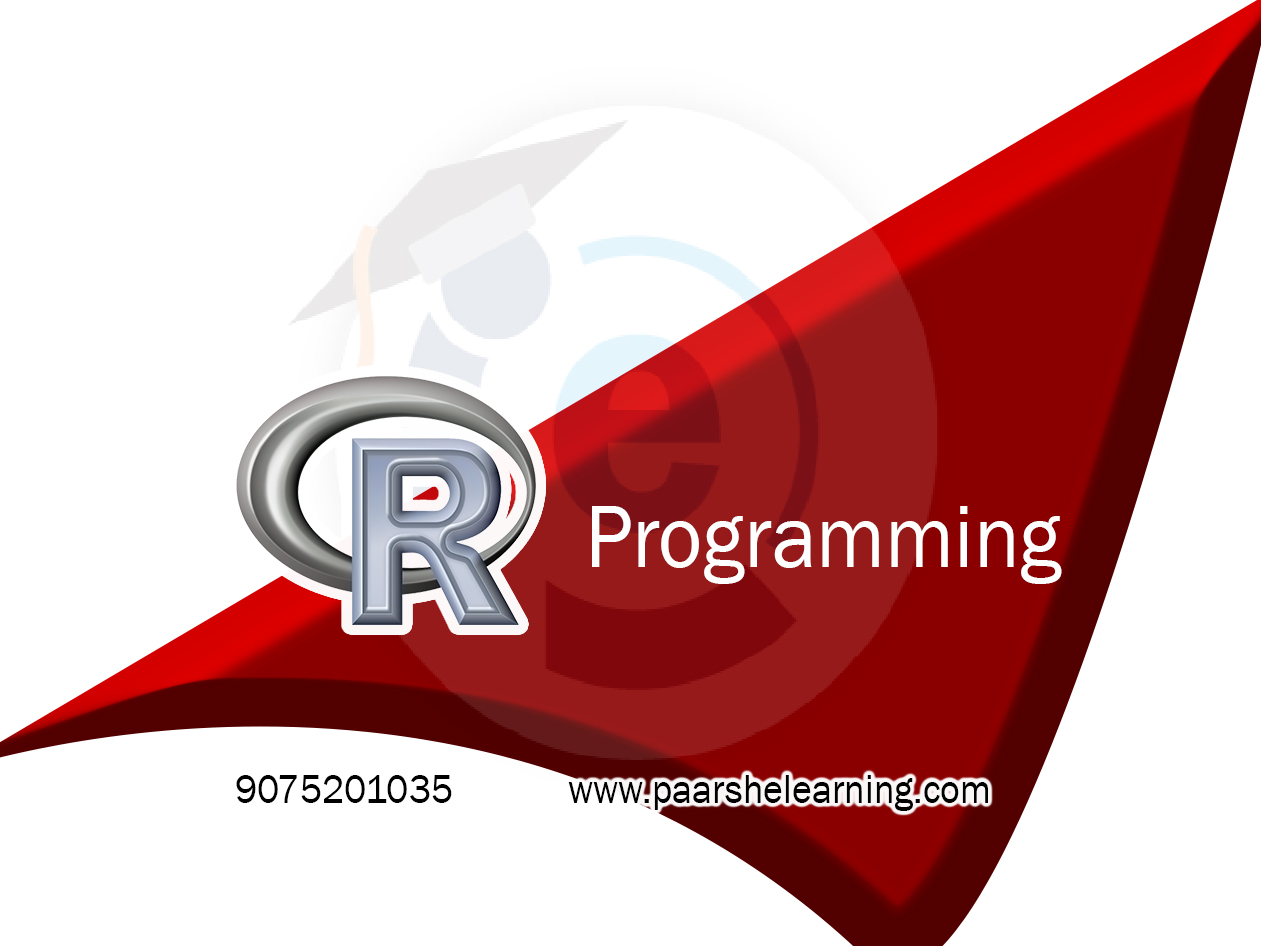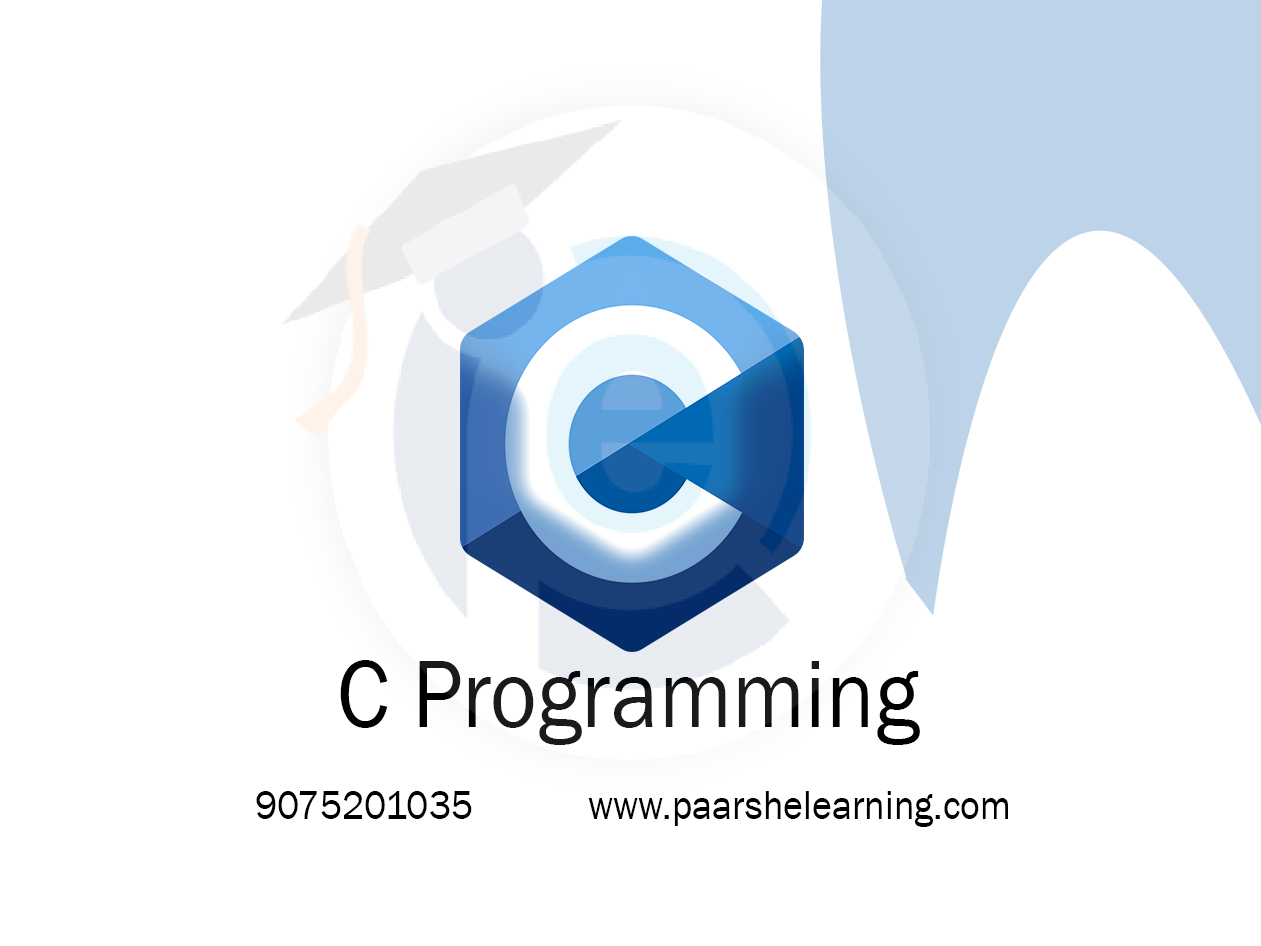- Understand the basics of programming: Before diving into Java, it's important to have a solid understanding of basic programming concepts, such as variables, data types, control structures (if/else, loops), and functions. Familiarize yourself with these concepts using any programming language of your choice.
- Learn Java syntax: Java has its own syntax, which includes understanding how to declare variables, define classes, create objects, and use common programming constructs like loops and conditionals in Java syntax. You can find online tutorials or take a Java programming course to learn the syntax.
- Practice with simple programs: Start with simple Java programs to practice your skills. Write programs that involve basic input/output, calculations, and simple control structures. This will help you gain confidence in writing Java code.
- Study object-oriented programming (OOP): Java is an object-oriented programming (OOP) language, so understanding OOP concepts like classes, objects, inheritance, encapsulation, and polymorphism is crucial. Learn how to create classes, instantiate objects, and use OOP principles in Java.
- Build projects: Once you have a good understanding of Java syntax and OOP concepts, start building small projects to apply your knowledge. This could be a simple command-line application, a graphical user interface (GUI) program, or a web application using Java technologies like JavaServer Pages (JSP) and Java Servlets.
- Explore Java libraries: Java has an extensive standard class library that provides pre-built code for common tasks. Familiarize yourself with Java's built-in libraries for input/output, collections, networking, and GUI development, among others.
- Learn advanced Java topics: Java has many advanced topics like exception handling, multithreading, generics, Java Database Connectivity (JDBC), and Java I/O. Learn about these advanced topics to further enhance your Java skills.
- Practice, practice, practice: The key to mastering Java (or any programming language) is practice. Keep coding regularly, working on projects, and solving programming challenges to improve your skills and gain real-world experience.
- Seek resources and guidance: There are numerous online resources, tutorials, documentation, and forums available for learning Java. Utilize these resources to deepen your knowledge and seek guidance when needed.
- Obtain proficiency in Java 8 and Java 11.
Java
Course description
Java is a widely used programming language known for its simplicity, platform independence, and extensive library ecosystem. If you're interested in learning Java, here are some prerequisites that can be beneficial:
-
Basic Programming Concepts: Familiarize yourself with fundamental programming concepts such as variables, data types, operators, control structures (loops and conditionals), functions/methods, and basic input/output operations. Understanding these concepts will provide a solid foundation for learning Java.
-
Object-Oriented Programming (OOP): Java is an object-oriented language, so having knowledge of OOP concepts is crucial. Understand the principles of encapsulation, inheritance, polymorphism, and abstraction. Practice implementing classes, objects, inheritance hierarchies, and interfaces.
-
Basic Mathematics: Basic knowledge of mathematics, including arithmetic operations, algebra, and logic, is beneficial for understanding and implementing algorithms in Java.
-
Computer Science Fundamentals: Gain a basic understanding of computer science fundamentals such as algorithms, data structures, and computer architecture. Familiarize yourself with concepts like arrays, linked lists, stacks, queues, and how programs interact with the hardware.
-
Text Editor and IDE: Familiarize yourself with a text editor or Integrated Development Environment (IDE) to write and edit Java code. IDEs like Eclipse, IntelliJ IDEA, or NetBeans provide features like code completion, debugging, and project management that can enhance your development experience.
-
Java Development Kit (JDK): Install the Java Development Kit, which includes the Java compiler (javac) and runtime environment (Java Virtual Machine - JVM). The JDK allows you to compile and run Java programs.
-
Java Standard Library: Familiarize yourself with the Java Standard Library, which provides a rich set of classes and APIs for various tasks such as input/output operations, collections, networking, and multithreading. Understand how to use classes from the standard library to perform common programming tasks.
-
Resources and Learning Materials: Utilize reliable learning resources such as books, online tutorials, video courses, or interactive coding platforms dedicated to teaching Java. These resources can provide structured learning materials, examples, and exercises to help you grasp the language concepts.
-
Practice and Projects: Apply your knowledge by practicing coding exercises and working on small projects. Building practical projects will help solidify your understanding of Java and improve your problem-solving skills.
-
Java Community and Documentation: Stay engaged with the Java community by joining forums, participating in coding challenges, and following Java-related blogs or websites. Also, explore the official Java documentation to understand the various features and APIs available in Java.
It's important to note that Java is a versatile language used for a wide range of applications, including web development, Android app development, enterprise software, and more. As you progress in your Java learning journey, you can explore domain-specific libraries and frameworks related to your interests.
Learning Java is an iterative process, so don't hesitate to revisit and reinforce your understanding of concepts as you tackle more complex topics. With practice and persistence, you'll become proficient in Java programming and be able to develop robust and scalable applications.
What you will learn from this course?
This course includes!
- Daily Live session
- A recorded session with problem-solving material
- Access on Mobile and TV
- Certificate of completion
- Recommendation Letter
- Free lifetime access
- Resume building sessions
- Job Assistance
This course is for
- Java is a popular programming language used in a variety of industries, so the course is relevant to a wide range of learners. Here are some examples of who might benefit from learning Java:
- Beginner programmers: If you're new to programming and want to learn a widely-used language, Java is a good place to start. Java syntax is straightforward and easy to understand, making it an ideal language for beginners.
- Students: Java is a popular programming language taught in many computer science courses. If you're a student studying computer science or a related field, learning Java can help you build your programming skills and prepare for a career in tech.
- Professional developers: Many professional developers use Java for building enterprise applications, web applications, mobile apps, and more. If you're a developer who wants to expand your skillset or work with Java-based technologies, learning Java is a must.
- Mobile app developers: Java is the language of choice for Android app development, so if you're interested in building mobile apps for Android, learning Java is essential.
- Web developers: Java can also be used to build web applications using JavaServer Pages (JSP) and Java Servlets. If you're a web developer looking to expand your toolkit, learning Java can be helpful.
- Overall, learning Java can be beneficial for anyone interested in programming or pursuing a career in technology.
Prerequisites for this course
- Familiarity with programming concepts: Before learning Java, you should have a good grasp of programming concepts such as variables, data types, control structures (if/else, loops), and functions. This knowledge will help you learn Java concepts more quickly.
- Basic math skills: Java involves a fair amount of math, so you should have a good understanding of basic math concepts like arithmetic operations, algebra, and geometry.
- Familiarity with a text editor or an Integrated Development Environment (IDE): You'll need to write code in a text editor or IDE, so familiarity with these tools is essential. Examples of popular text editors include Notepad++, Sublime Text, and Atom. IDEs like Eclipse, IntelliJ IDEA, and NetBeans offer more advanced features like code completion and debugging.
- Computer skills: You should be comfortable using a computer and navigating the file system. You'll also need to install and set up the Java Development Kit (JDK) and an IDE or text editor.
- Persistence and problem-solving skills: Learning Java (or any programming language) can be challenging at times, so you'll need to be patient and persistent. You should also be able to solve problems logically and methodically.
- While these are not strict requirements, having a basic understanding of these concepts and skills will help you learn Java more easily and quickly. If you're new to programming, consider taking a beginner-level programming course before starting with Java. Join our Course
Java Language Syllabus
-
Introduction To Java Programming
Understanding the importance of Java Setting up the Java development environment Basics of Java syntax and structure Writing and running your first Java program
-
Variables, Data Types, And Operators
Introduction to data types: int, float, char, etc. Working with variables and constants Using arithmetic, relational, and logical operators Typecasting and operator precedence
-
Control Flow And Decision Making
Implementing if, else if, and else statements Working with switch-case statements Using conditional (ternary) operator Writing loops: for, while, do-while
-
Arrays And Strings
Introduction to arrays and their usage Multidimensional arrays and matrices Working with strings and string manipulation Using string-related functions and methods
-
Methods And Object-oriented Programming (oop)
Defining and calling methods Introduction to object-oriented programming Creating classes and objects in Java Constructors and method overloading
-
Inheritance, Polymorphism, And Encapsulation
Implementing inheritance and superclass-subclass relationships Understanding polymorphism and method overriding Encapsulation and access modifiers Abstract classes and interfaces in Java
-
Exception Handling And Input/output
Handling exceptions using try-catch blocks Throwing and propagating exceptions Reading and writing files in Java Working with streams and readers/writers
-
Advanced Java Concepts And Applications
Introduction to Java Collections Framework Using ArrayList, HashMap, and other collection classes Multithreading and concurrency in Java Introduction to Java GUI (Graphical User Interface) with Swing or JavaFX
-
Paarsh E-Learning encourages hands-on practice and assignments throughout the course to reinforce students' understanding of Java programming concepts. Assign projects that gradually increase in complexity to challenge their skills. Cover both theoretical concepts and practical coding exercises to provide a well-rounded learning experience.
